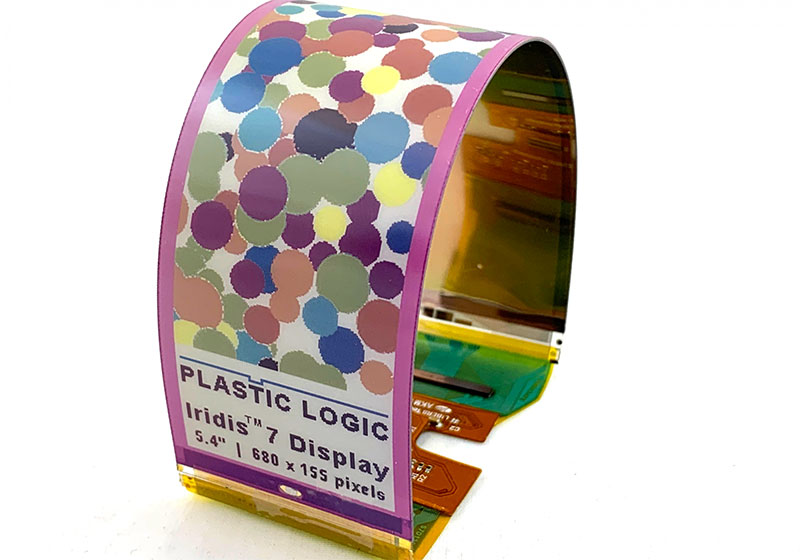
Flow, a Malmö, Sweden-based medical device company Flow, announced that it is launching its brain stimulation headset and therapy app to treat depression in the UK.
Related Wearable Devices and Mobile Apps Exploring Users’ States of Mind to Tackle Anxiety and Depression
Mental illness affects nearly one in four adults in the UK, and suicide is the most common cause of death for men aged 20-49 years in England and Wales.
Flow’s technology has similar outcomes as antidepressants, but with fewer side effects, reports EU startups.
Paired with a behavioral therapy app, Flow’s headset delivers low levels of transcranial direct current stimulation (tDCS) aimed at the user’s left frontal lobe. According to the company, people diagnosed with depression often have lower neural activity in this region of the brain, which helps govern certain cognitive skills and emotional expression.
“It works by sending a weak electric current, the equivalent of a 9-volt battery, into the frontal parts of the brain. The result is increased activity in the left part of the frontal lobe and decreased activity in the right part of the brain,” Flow said on its website.
During brain stimulation, the free app provides videos and advice about depression, and techniques for reducing symptoms focused on sleep, nutrition, fitness and meditation. This is informed by expert knowledge in sleep, nutrition, fitness and medication.

The typical course of treatment with the Flow headset lasts for 30 minutes per brain-stimulation session, with 18 sessions over six weeks. Continued treatment will then take place once or twice a week.
“We want to support the improvement of the current standard of care for people living with depression by increasing treatment choice and empowering patients to self-manage their symptoms at home with effective, non-pharmacological alternatives,” said Daniel Mansson, co-founder and CEO of Flow.
People using Flow’s treatment should not stop their current therapy, the company warns, and it is not recommended for pregnant women or people under 18.
The headset retails for £399 (about $500 U.S.).
WT | Wearable Technologies Conference in San Francisco on July 9-10
The most innovative wearables event will be back on July 9-10 in beautiful San Francisco at SEMICON West to celebrate the 34th edition of the WT | Wearable Technologies Conference Series. Topics include data analytics in professional sports, prevention, treatment and rehabilitation with wearables, the future of digital health, medication and adherence, smart patches, workflow optimization and workforce safety and much more – featuring international leaders and experts of the wearables industry´s biggest names including Abbott, Autodesk, Datwyler, Kopin, Maxim Integrated, Multek, NFLPA, Omron, SharkDreams, Qualcomm, and many more. Register now to be part of #WTUS19


